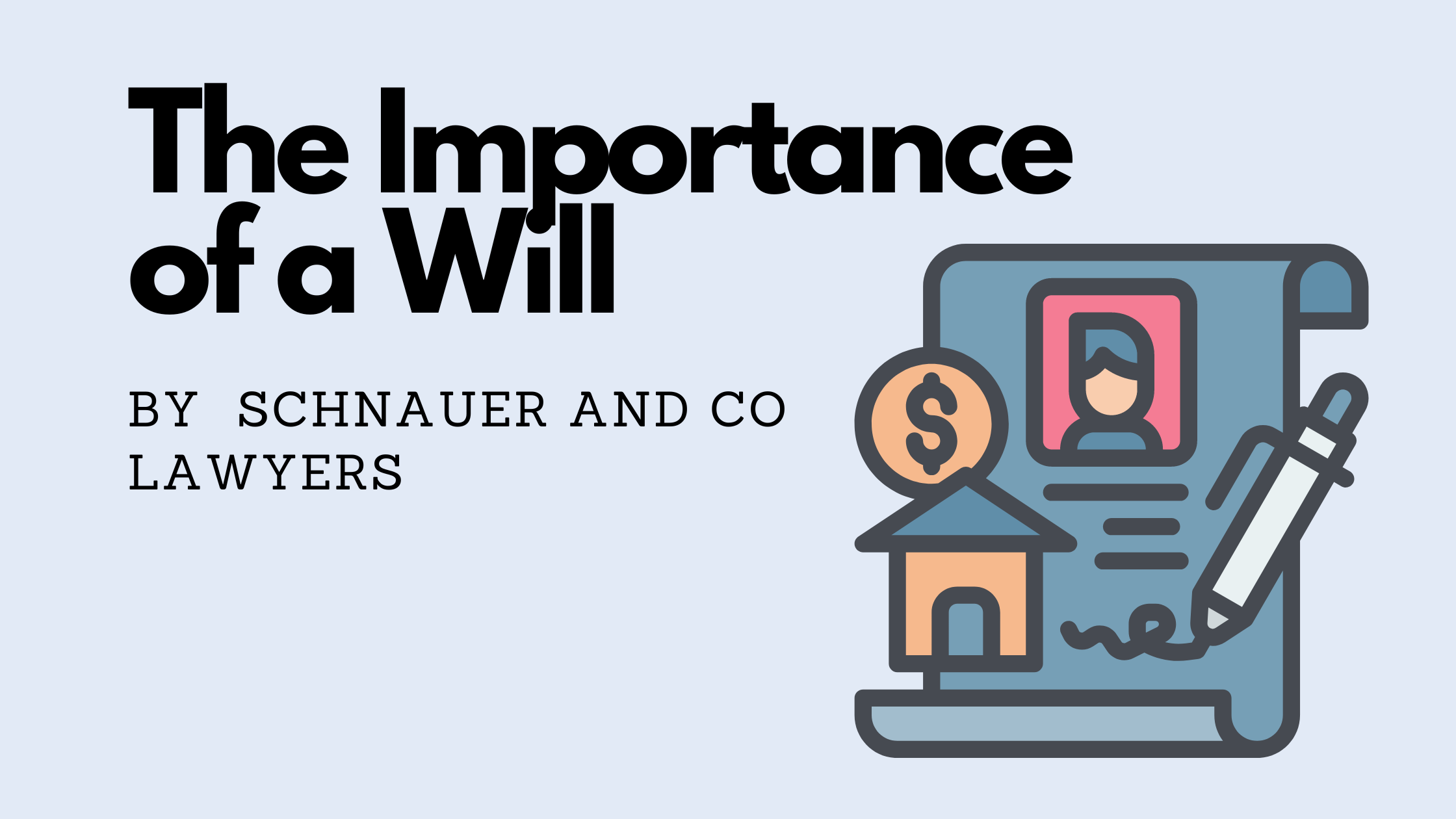Legal Toolkit: Purchasing A Property At Auction

 The team at Schnauer & Co's have put together a resource toolkit to highlight some of the common misconceptions that some first home buyers have and provide you with tips on how to avoid some easy mistakes when buying your first home. Our expert tips will be presented over six easy to read articles, and they are all designed to help you achieve your goal of homeownership in NZ.
The team at Schnauer & Co's have put together a resource toolkit to highlight some of the common misconceptions that some first home buyers have and provide you with tips on how to avoid some easy mistakes when buying your first home. Our expert tips will be presented over six easy to read articles, and they are all designed to help you achieve your goal of homeownership in NZ.
In the first 3 parts of the series, we discussed the solicitor approval condition, the process to follow when you are not able to satisfy conditions in the agreement for sale and purchase and the differences between a loan from parents vs a gift from parents. Part 4 will detail the auction process and some of the risks associated with buying at auctions.
Purchasing a property at Auction
Auctions have been the most popular property selling method for vendors in NZ for some time now and most of you will be familiar with the process – a property is offered for sale to the public (usually, the bidders have to register their interest in advance with the selling agent) and once the seller’s reserve price is reached, the property is sold to the buyer with the highest bid.
With auctions, the critical element is ensuring you have completed your due diligence in advance of attending the auction and disclosed any defects to your lender. Also ensuring that you have your finance in order so that you know how much you can bid up too.
In light of the change in the property market, vendors are now considering different selling methods. Regardless of whether you buy a property at auction or via a standard agreement for sale and purchase by negotiation (either through a real estate agent or in a private treaty with the vendor), we suggest you do the following:
- Seek legal advice before signing any legally binding contract;
- Ensure your finance approval is still valid and check that any finance conditions are met in advance of the auction;
- Read the fine print on any loan pre-approval documentation and check with your lender that the property you will be bidding on at an auction will be adequate security for the loan being advanced to them;
- If there are any valuation or building reports required (e.g. due to finance conditions) this needs to be passed on to the bank and your mortgage broker to consider before any conditions are satisfied or before attending an auction;
- Are there any defects with the property that may affect your ability to obtain adequate insurance cover? If you become aware of issues between the unconditional date and settlement date that affect your ability to obtain insurance then settlement could be delayed which gives the vendor the right to charge penalty interest;
- Get written approval of your eligibility to withdraw any KiwiSaver funds (if applicable) and also find out what your KiwiSaver provider's turnaround time is. We usually like to allow 15-20 working days once the paperwork is submitted and there are usually retention rules that apply if KiwiSaver funds are used for the deposit rather than at settlement. You need to consider this when making an offer to purchase or attending an auction, as a variation may need to be entered into with the vendor in relation to when the deposit is released.
If a property passes in at auction and you want to make an offer or you want to make a back-up offer then you need to seek legal advice. Each property selling method scenario has a different set of issues that could arise and you need to understand how any conditions work and when they start.
The Property Team at Schnauer and Co are always available to help first home buyers with any property related questions.
For more guidance on purchasing at an auction, contact:
Alison Dymond
Senior Associate
phone: 09 485 5803



